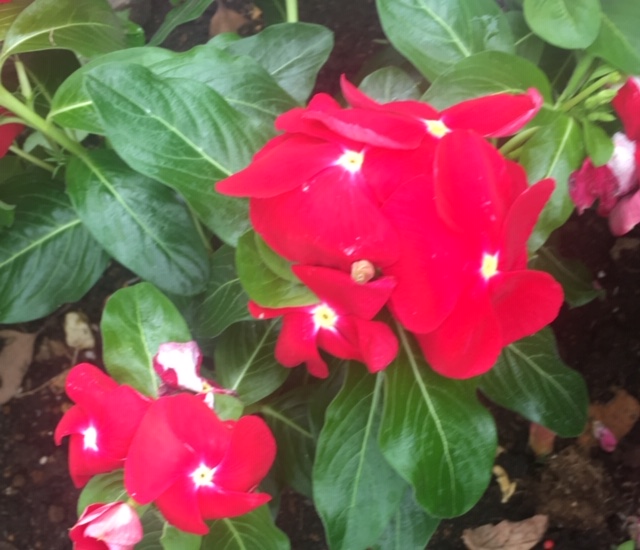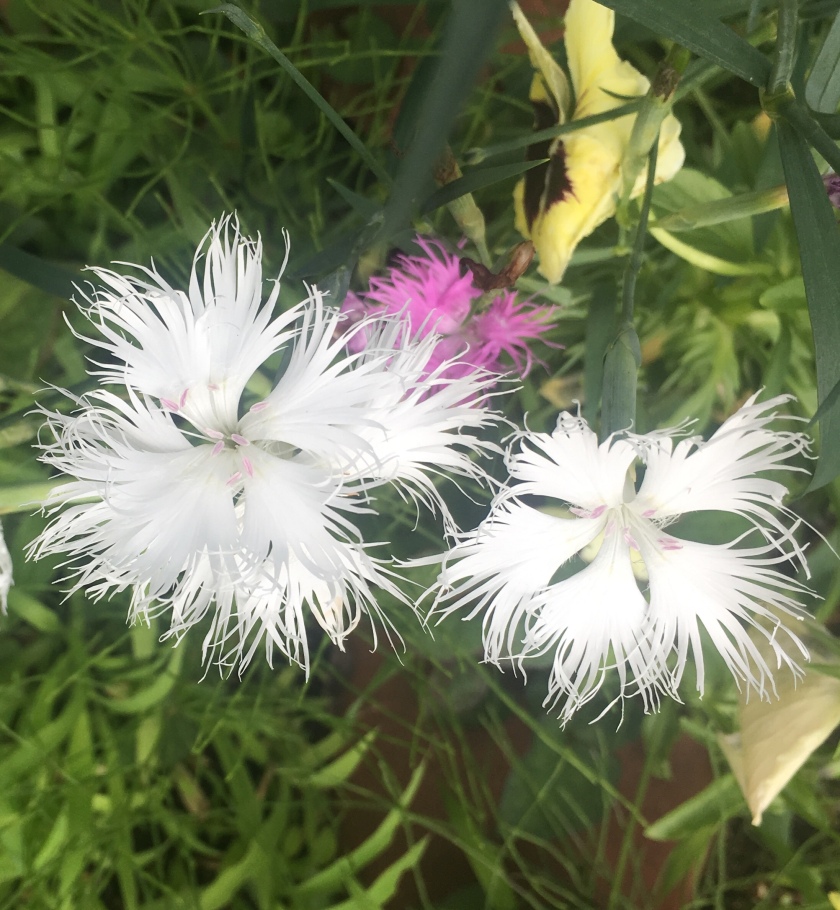
All religions encourage us to share whatever we have, such as money, asset, knowledge, wisdom, compassion, experience, and so on. Sharing joy multiplies joy, and sharing sorrow mitigates sorrow.
すべての宗教は私たちが持っているもの、すなわち、お金、財産、知識、智慧、情熱、経験等を分かち合うことの大切さを教えています。喜びの分かち合いは喜びを倍増させ、悲しみの分かち合いは悲しみを軽減します。
However, we human beings tend to monopoly what we want to possess and have, namely, material property, financial asset, honor, privilege, social position and title, etc. Such an attitude arises from the self-centered or selfish pursuit of one’s own desire or greed.
しかし、私たち人間は私たちが持っていたいもの、すなわち物質的な財産、金銭、名誉、栄誉、社会的地位、肩書などを独占する傾向があります。このような姿勢は自己の願いや欲望を追及する自己中心性から生じるものです。
In this sense, religiousity or spirituality plays a vital role in controlling one’s greed because religiousity or spirituality is deeply rooted in the opposite values of selfish desire or greed, such as non-discriminative love and compassion, equity, genuine sharing, selflessness, etc.
その意味において、宗教性や霊性は自己の欲望をコントロールするうえで重要な役割を果たします。なぜなら、宗教性や霊性は、自己中心的な願いや欲望の対極にある価値、すなわち、無差別的な愛や慈悲、平等性、真の分かち合い、無我性などの価値に深く根ざしているからです。
The highest hurdle in practicing such a generous sharing seems to exist in the spare space between theory and implementation. How can we put our theoretical understanding into practice in our daily living? How can people of faith and religion realize the ideals shown to us by God and Buddha in this world? What do we need to do it?
惜しみない分かち合いを実践するうえでの最も高いハードルは、理論と実践の隙間に存在するように思われます。どうしたら私たちは理論的な理解を日常での実践に移すことができるのでしょうか?いかにしたら私たち信仰者は、神仏によって示された理想を、この世に実現していくことができるのでしょうか?
I think courage, seriousness, passion, eagerness, resolution are the least required conditions to live on unlimited sharing. Unconditional sharing seems almost impossible, though. However, if I at least challenge to do it from myself even in the smallest way, I might be able to change a small corner of the world, so I say to myslef.
勇気、真剣さ、情熱、本気、決意が、無制限の分かち合いに生きるために最低限必要な条件ではないでしょうか。無制限の分かち合いなど、ほとんど不可能なように思えます。しかし、どんなささやかな方法でも自分から始める挑戦をすれば、世界のほんの片隅をもしかしたら変えることができるかもしれない、そう私は自分に言い聞かせるのです。
Although I may be criticized as being too optimistic, I opt for this way of living as I don’t want to waste my precious life by being too pessimistic, and taking no action.
私はあまりにも楽観的すぎると批判されるかもしれません。しかし、悲観的になり、何の行動も取らないで、自分の貴重な人生を無駄にしたくはないのです。ですから私はこの道を選びます。







 Everyone knows that positive thinking is far better than negative thinking. However, we tend to think negatively in our daily life.
Everyone knows that positive thinking is far better than negative thinking. However, we tend to think negatively in our daily life.